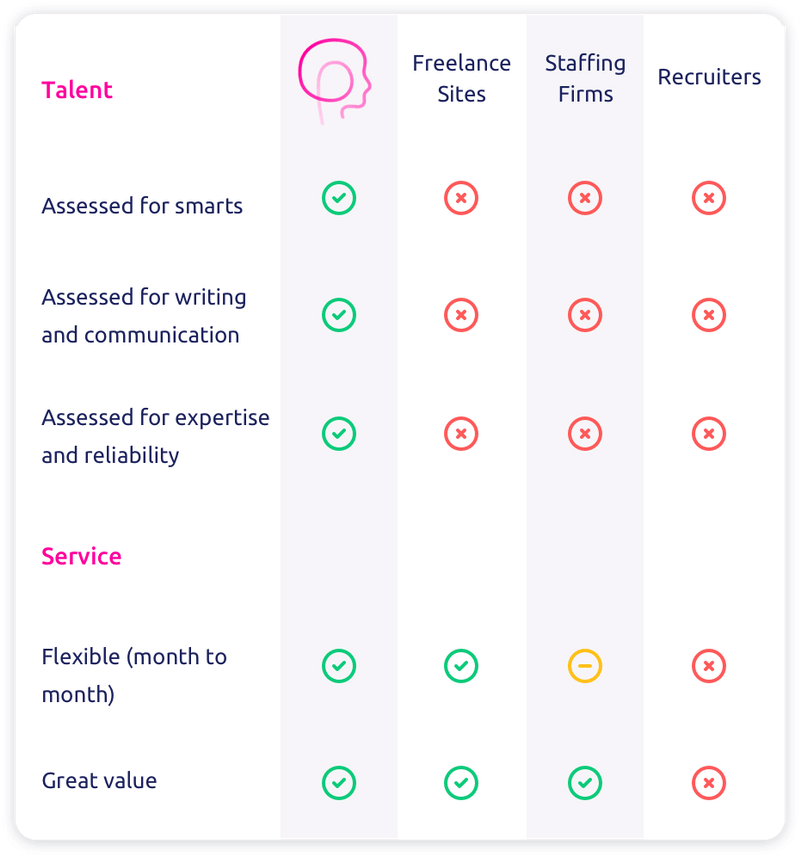What is Job Analysis?
Job analysis is a process of gathering and analyzing information about a job in order to determine the tasks, duties, responsibilities, skills, knowledge, and abilities required to perform the job effectively. The information collected through job analysis can be used to develop job descriptions, job specifications, and performance standards for the job.
Job analysis can be conducted through various methods such as interviews, questionnaires, observation, and task analysis. The information gathered through job analysis can be used for a variety of purposes such as recruitment and selection, training and development, performance appraisal, and job design.
One of the key benefits of job analysis is that it helps to ensure that the right person is selected for the job and that they have the necessary skills and knowledge to perform the job effectively. It also helps to identify any gaps in skills or knowledge that may need to be addressed through training or development.
Why is job analysis important?
Job analysis is important because it helps organizations identify the essential job duties, knowledge, skills, and abilities required for a specific job. This information is used to develop job descriptions, determine appropriate compensation, and identify training needs.
What methods are used in job analysis?
There are several methods used in job analysis, including interviews, observation, questionnaires, and task analysis. Interviews involve talking to employees and supervisors to gather information about the job. Observation involves watching employees perform the job. Questionnaires are used to gather information from employees about their job duties. Task analysis involves breaking down a job into its component tasks and identifying the knowledge, skills, and abilities required to perform each task.
Dos and Donts of Job Analysis
Dos
- Identify the purpose and objectives of the job analysis.
- Collect data from multiple sources, such as job incumbents, supervisors, and subject matter experts.
- Use a combination of quantitative and qualitative methods to gather information.
- Ensure that the job analysis process is systematic, thorough, and unbiased.
- Document findings and recommendations in a clear and concise report.
Donts
- Do not rely on a single source of data.
- Do not assume that one job analysis method is appropriate for all jobs.
- Do not let personal biases or preconceptions affect the job analysis process.
- Do not skip important steps in the job analysis process, such as verifying information with job incumbents.
- Do not use vague or imprecise language when describing job tasks and responsibilities.

